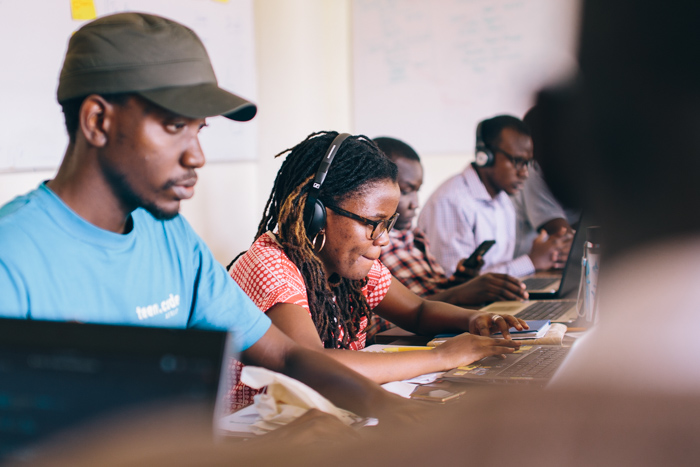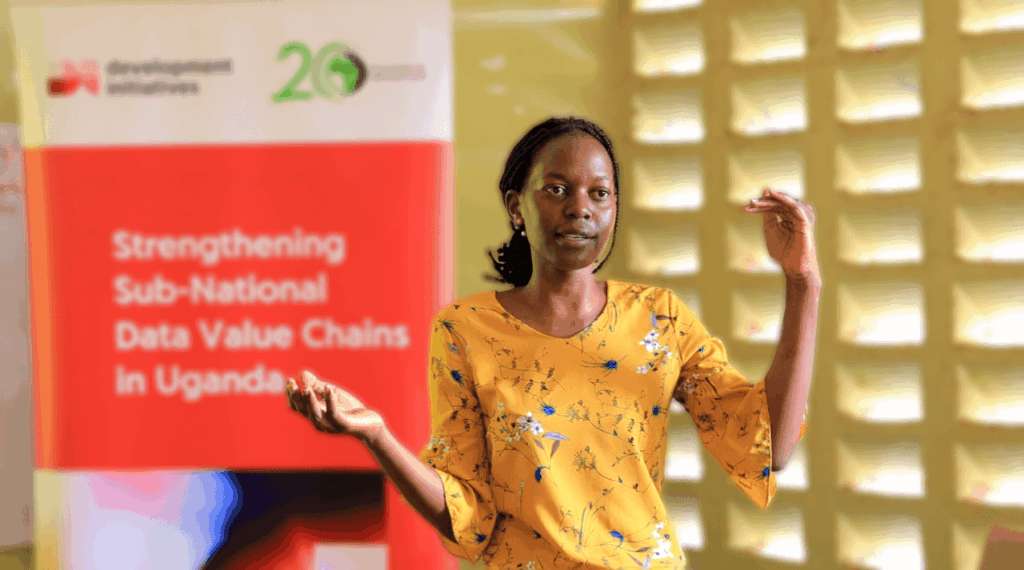This was originally posted on Linkedin on April 15th.
“How hard is it to learn code at my big age?” Refactory proves it’s possible and more.
A month has gone by since I enrolled into Refactory. It all started with a simple tweet.
“How hard is it to learn code at my big age?” Little did I know that my expressed public curiosity would fulfill one of the requirements – a demonstrated desire – to get accepted into the program a couple of days later.
A few days before that, I had encountered problems on my blog that I couldn’t fix, because they needed me to look into code. On asking for help, my friend said, “Oh that’s something so simple, I’ll look into it and let you know.”
“Wouldn’t it be so nice if I knew how to do something so simple?” I wondered. The thought kept eating at me until I resolved to seek a new skill, learn code and subsequently consider pursuing a career in technology. At the very last minute, I applied!
On the second day, I wrote my first line of code. The joy! Like I had performed a miracle! The future suddenly looked brilliant!
On the second day, I wrote my first line of code. The joy! Like I had performed a miracle! The future suddenly looked brilliant!
Then it dimmed a little as I struggled to understand the basics of HTML, CSS and enter JavaScript. To borrow one of my classmate. Naasir’s line, “I felt an ache in my brain.”
After 4 weeks, I’m pleased that things make more sense now, the ache is almost non-existent.
We had a little check-in where everyone shared where they were in the program, their career goals and so forth. While I initially went in to acquire skills to fix my blog’s back-end troubles, it didn’t take long before I started flirting with the idea of becoming a User Interface designer.
Last Friday, we had a chance to watch students from the cohort before us present to the program’s partner Laboremus a product they had been working on in a 6-months boot-camp. It was a revelation that it’s indeed possible to become a developer within 12 weeks despite having zero coding experience.
Under Laboremus supervision, the team was able to develop a dashboard for Laboremus’ Emata – a solution that digitise the diary sector and give farmers access to financial solutions.
My favorite part about the program is the fact that our facilitators are people that are making things happen on the tech scene like Karl Pritchard who comes with 30 years of experience, quite a lot of certifications including the prestigious Design for Lean Six Sigma Black Belt, which we later found out had nothing to do with Taekwondo but a lot to do with exceptional expertise in product development.
Simon Peter Otandeka introduced me to my first line of code while Julia Nansubuga took us through Leadership and Emotional Intelligence. Brian Ndyaguma is showing us the importance of Human Centred Design whereas Osman Buyondo is patiently taking us through JavaScript and giving us tools that will turn us into full-stack developers before year end.
Refactory aims to bridge the skill gap in the software industry, between what students are taught in schools and universities and what the employers in the ICT sector need. Talk about getting sharpened by the industry itself!
They are doing this by collaborating with companies and organisations with the same goal like Laboremus who pride themselves in providing financial solutions for clients in East Africa and Europe, Fontes Foundation an NGO that empowers youth with life skills, supported by Norwegian Agency for Development Cooperation (NORAD) while Microsoft App Factory Program offers technical support.








